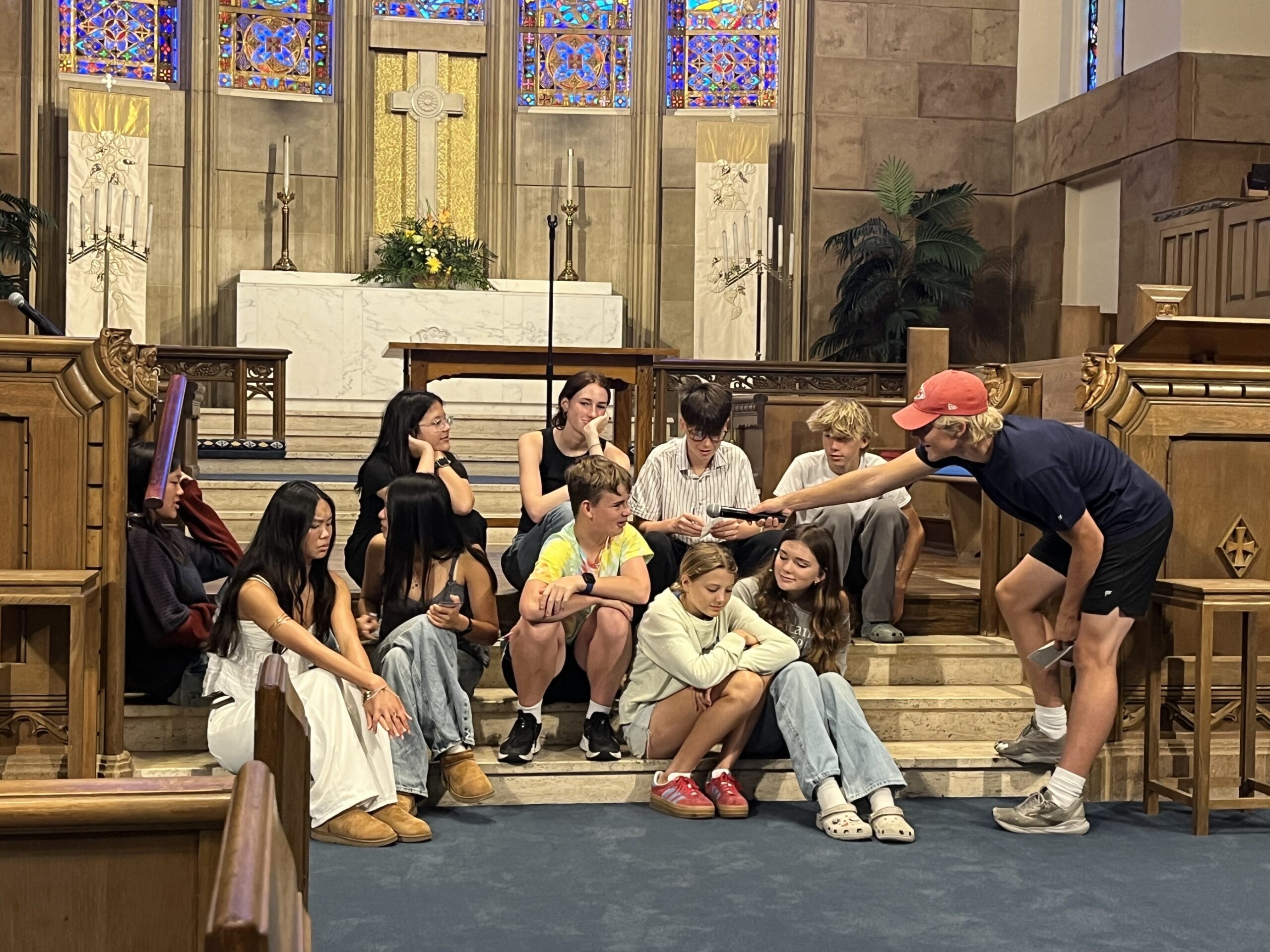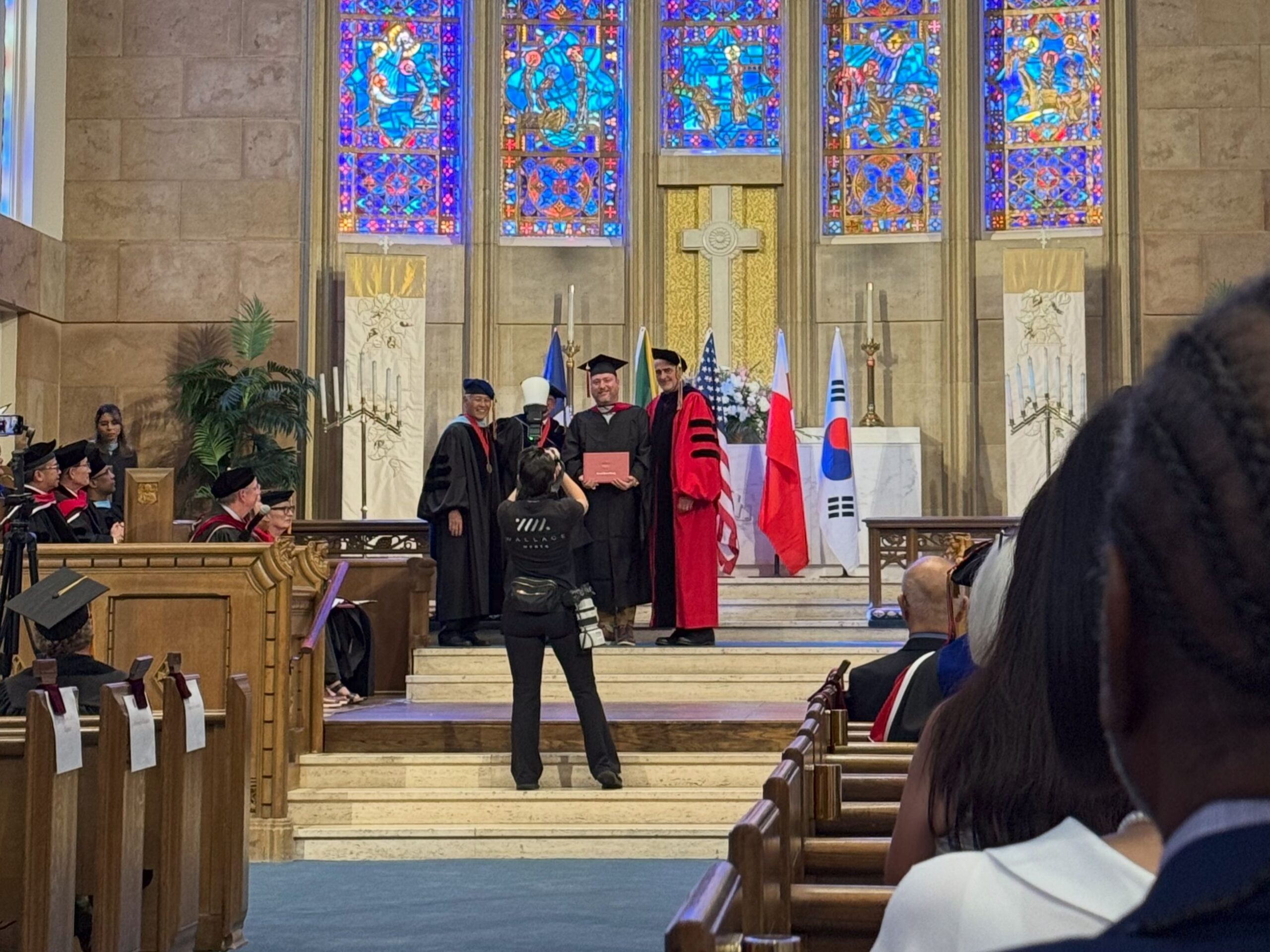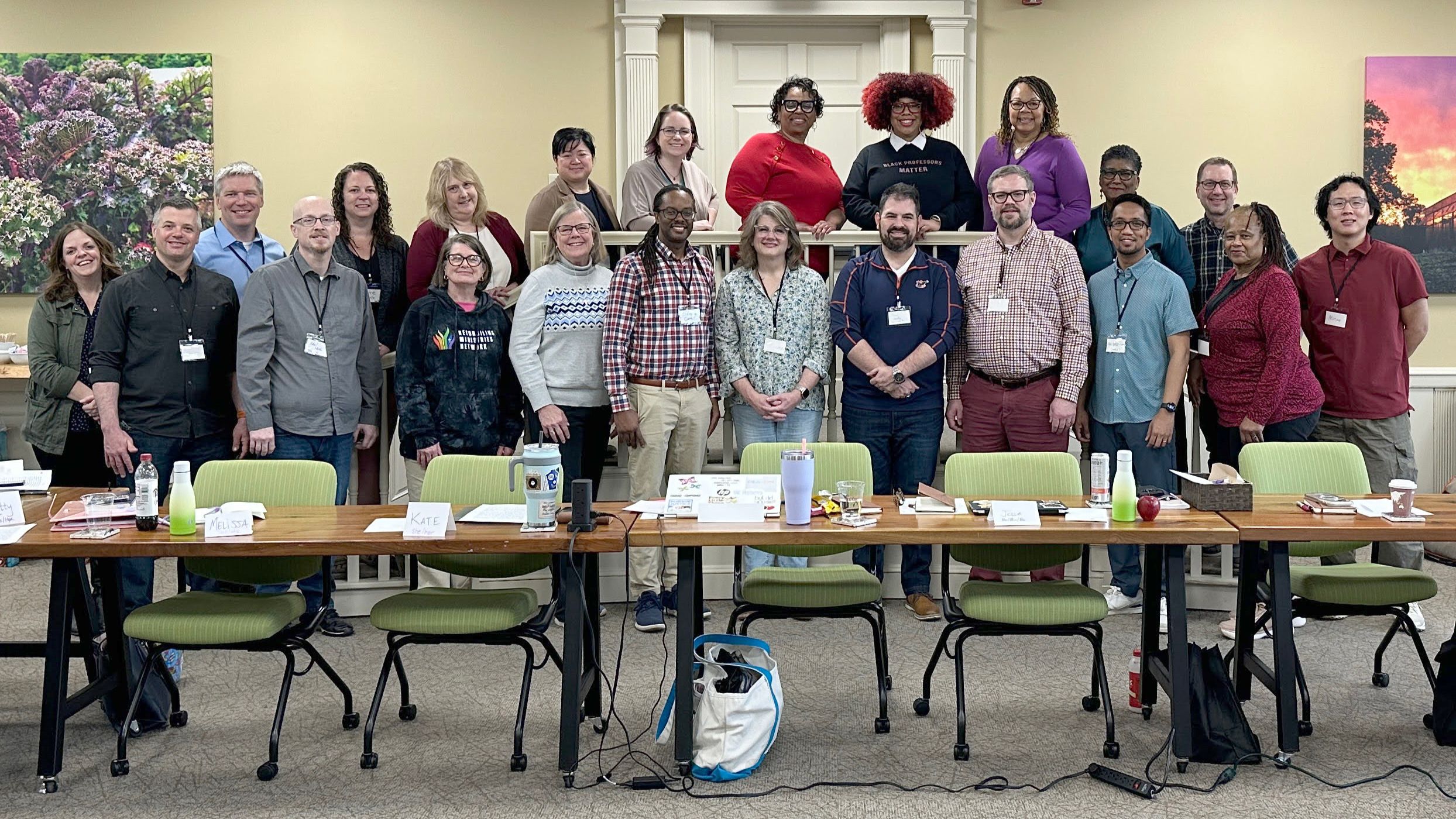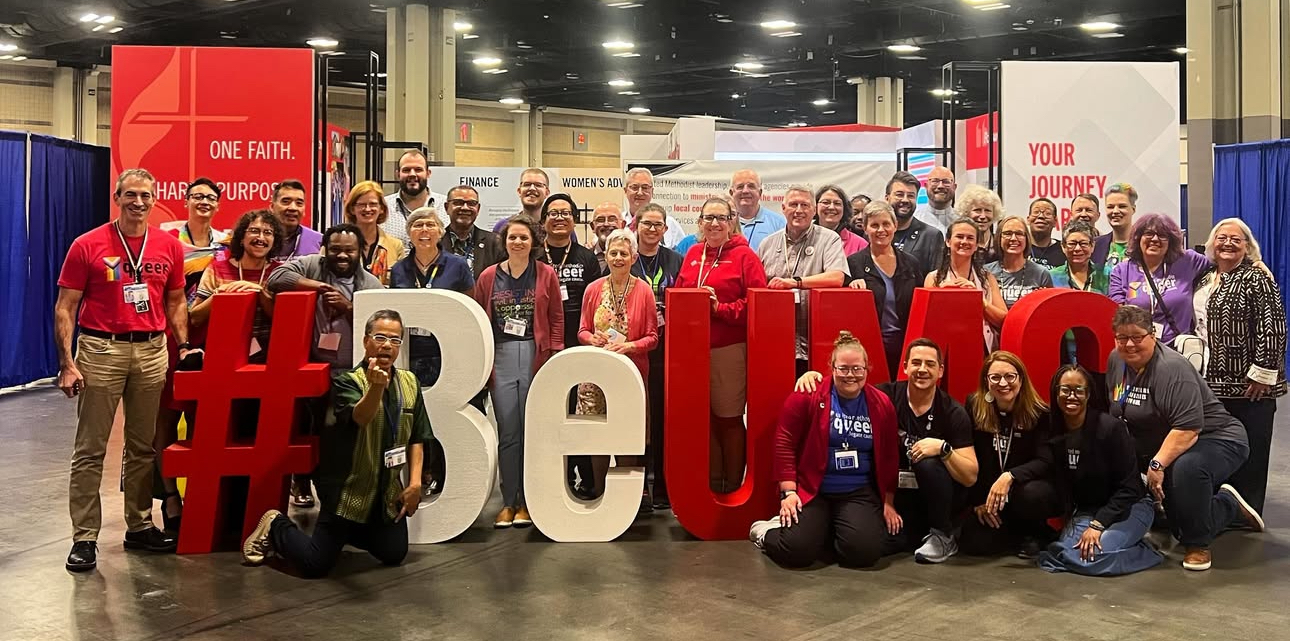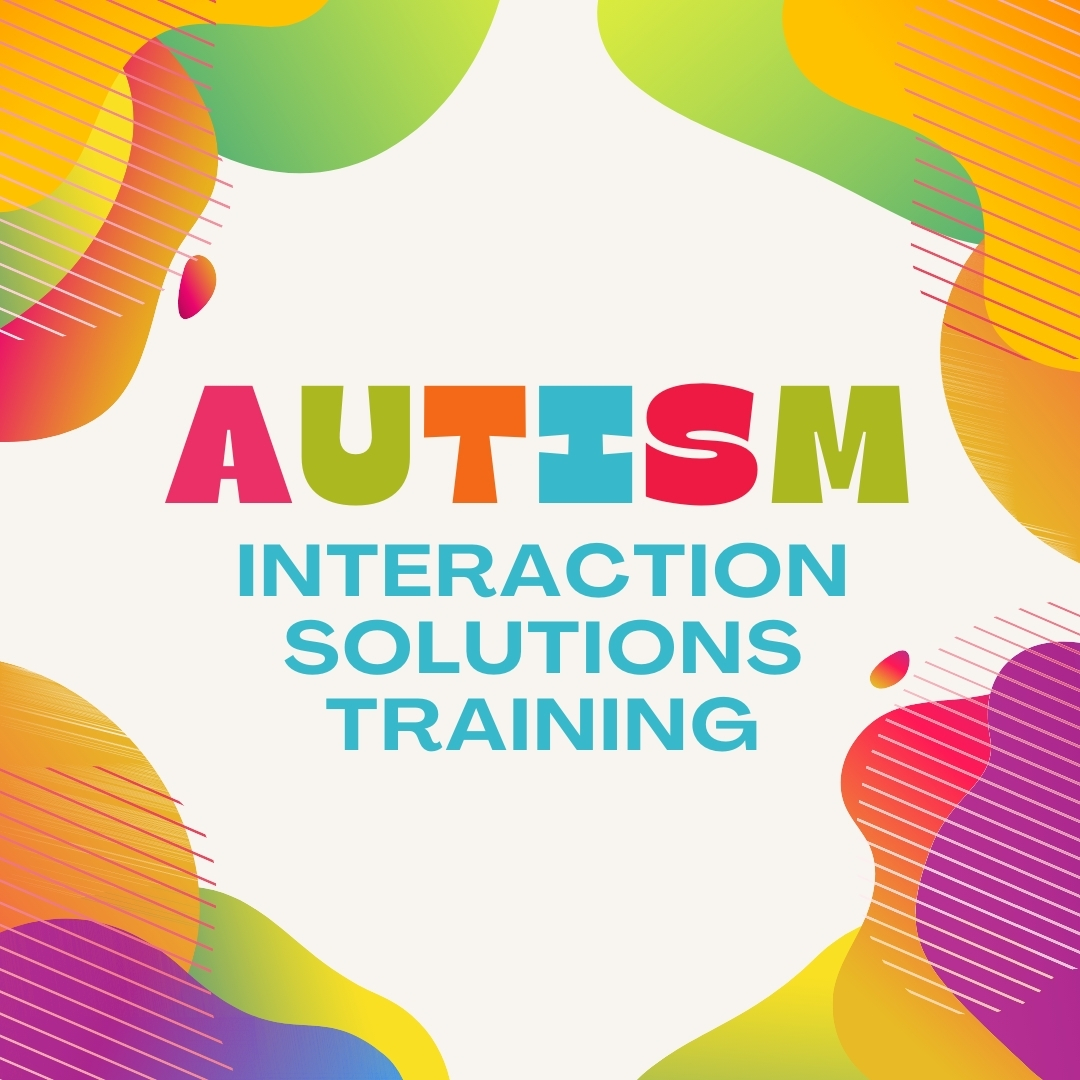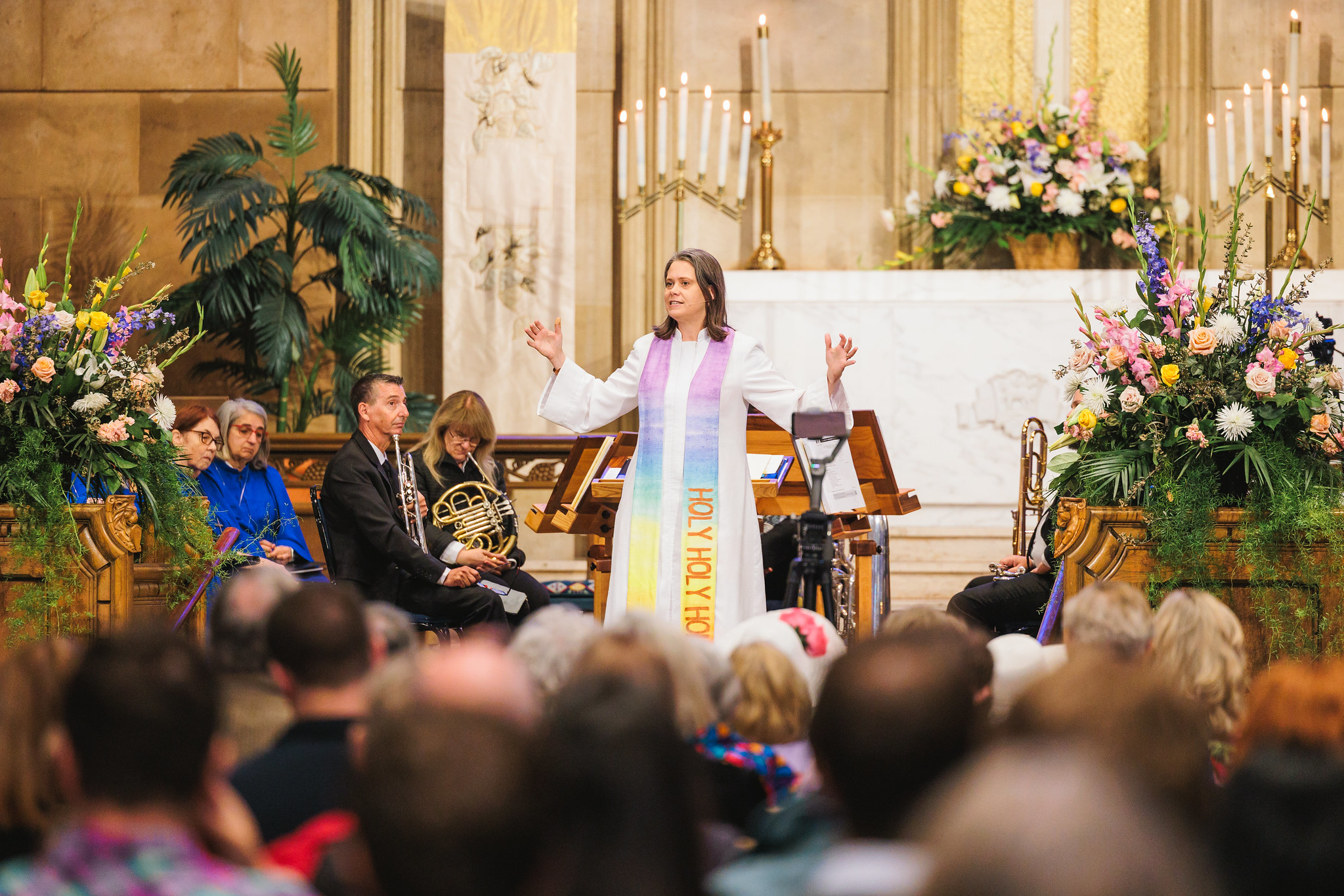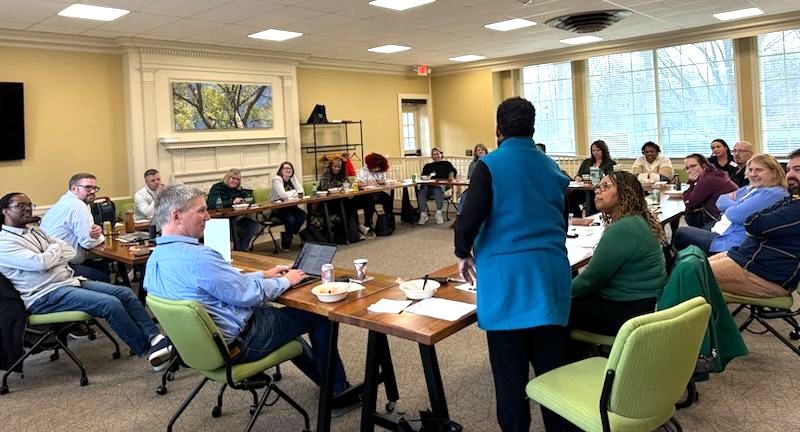Dear Westwood Community,
I confess that, among a variety of emotions, I’ve been resentful lately: I am tired at having to explain what I believe about God in reaction to some really bad ideas, offered by powerful voices.
It’s not new: I’ve long been frustrated at the need to preach not only to articulate good theology, but to dismantle bad theologies. Lately, though, it seems like dangerous ideas are so prevalent: fear of our neighbors, fear of diversities, even outright hatred–carrying the flags (or selling the t-shirts?) of Nazis and Christian Nationalism.
These are not the values Christ calls us to live.
This week, I picked up Walter Brueggemann’s classic 1978 text (revised in 2001), “The Prophetic Imagination,” which calls our attention to the counter-cultural values that are knit into our prophetic faith tradition, from Moses to Jesus. These values are lived out in communities that embody justice and compassion.
In contrast, scripture also tells stories of power and control–histories into which holy prophets have always spoken. Brueggemann calls the worldview of these dominant powers (which work in opposition to the faithful prophets) as the “royal consciousness” which sells us on the illusion that we can be self-satisfied. He describes at the end of Chapter 2 how this happens–it is fed by a “management mentality” that replaces mystery with cost-accounting management decisions. It gets legitimacy from an “official religion of optimism” that describes God’s primary business as maintaining our own comfort, and it denies the contributions offered by our neighbors, pretending that we are truly self-made.
I don’t know whether I’m encouraged to know that the challenges I see us facing are so unoriginal, or discouraged that we haven’t yet learned a better way. I am certainly grateful to be reminded that we have tools for this moment – in our faith tradition and in prophetic imagination.
Brueggemann offers the practices of passion and compassion, of lament and amazement, as alternative ways of being in the world. More than philosophical counterpoints, these embodied experiences cut through the illusion of control and undermine the authority of the powers that be. They help us imagine and embody the freedom of God.
All of which is to say: this is a perfect time to be fully human, together. The things we do at church–grieve together, offer care, speak up for justice, and make casseroles for each other–all counteract destructive ideologies. We gather to sing, in grief and in joy; we lift prayers for the vulnerable, and make phone calls to check in on each other. We pray over hand-knit shawls, for friends of friends. We baptize babies, and welcome them into our ever-expanding family. We give praise to God, from whom our blessings flow. We stand up for immigrant neighbors, and learn about how to assert our rights. We honor that we belong in a grace that we can never earn.
May our practice of faith help us imagine and labor for a world knit through with justice and compassion.
grace and peace,
Pastor Molly


